Category: Data Modeling

The Importance of Data Preprocessing in Machine Learning (ML)
Learn about the importance of data preprocessing in machine learning, the techniques you should use, and the steps involved in the process.

Columnar Database Use Cases and Examples
Review a list of columnar database use cases and learn why these databases are ideal for analytics, enhanced querying, and improved scalability.
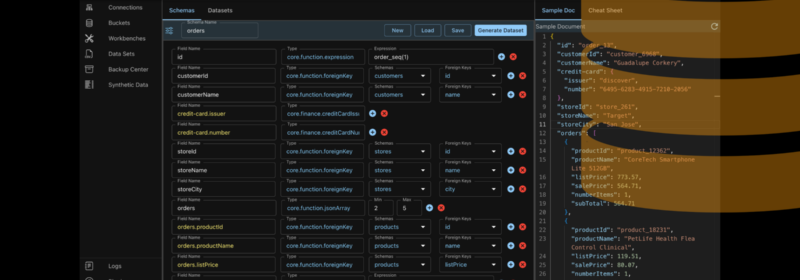
Synthetic Data Generation with Capella DataStudio
Generate realistic data effortlessly with Capella DataStudio's Synthetic Data Generator. Perfect for testing, machine learning, and simulations.
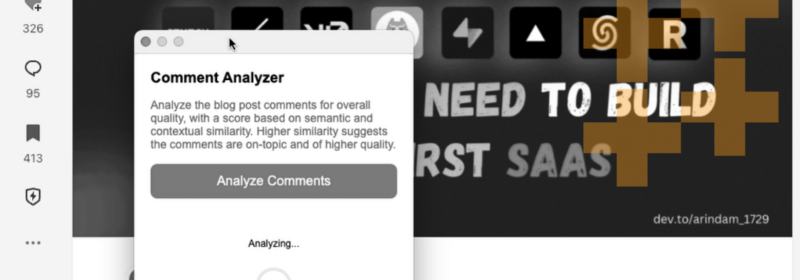
Cracking the Code on Quality Control with Vector Search
Use Couchbase vector search to evaluate blog comment quality with AI. Learn how to set up and explore practical applications.
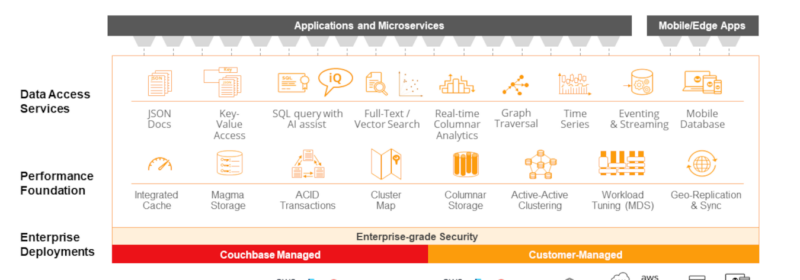
Consolidate Your Databases to Eliminate Data Sprawl, Reduce Complexity and Lower Costs
The concept of consolidation is simple, and applying its principles can bring immense benefit to any organization.
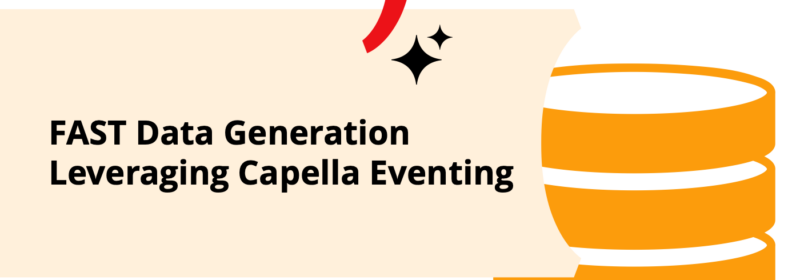
FAST Data Generation With The Capella Eventing Service
100M JSON sample docs in 3 minutes? Using Capella Eventing Service for data gen let us the scale to produce lots of sample data documents!

Large Language Models Explained
This blog post defines large language models, then goes deeper into how they work, use cases, and how to get started using them. Learn now at Couchbase.

What is a Transactional Database?
What is a transactional database? They are designed to handle the constant, high-volume processing of transactions that occur in businesses.
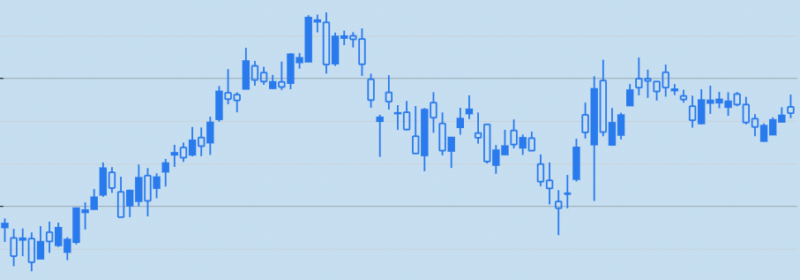
Introducing Couchbase Time Series
As your business grows and your time series data needs increase, Couchbase can effortlessly expand to meet those needs, making it an ideal solution.

Recursive Query Processing in SQL++ (N1QL)
Users can emulate recursive CTE using JavaScript UDFs with existing infrastructure. This Couchbase blog post demonstrates just how to do that and more!

Webcast: See our Developer-friendly Updates to Capella DBaaS
The Spring Release of Couchbase Capella™ DBaaS coincides with National Cloud Database Day (June 1st) – perfect timing because Capella reimagines the modern database as a fast, flexible, and affordable cloud database platform. In this What’s New webcast, we’ll walk you...
Top Posts
- Capella AI Services: Build Enterprise-Grade Agents
- Enterprise Analytics Now Available on Microsoft Azure
- Data Modeling Explained: Conceptual, Physical, Logical
- Data Analysis Methods: Qualitative vs. Quantitative Techniques
- The Dawn of a New Cloud Cycle
- What Is Data Analysis? Types, Methods, and Tools for Research
- N1QL & SEARCH: Leverage Full-Text Search (FTS) Index in N1QL
- What are Embedding Models? An Overview
- What are Vector Embeddings?
